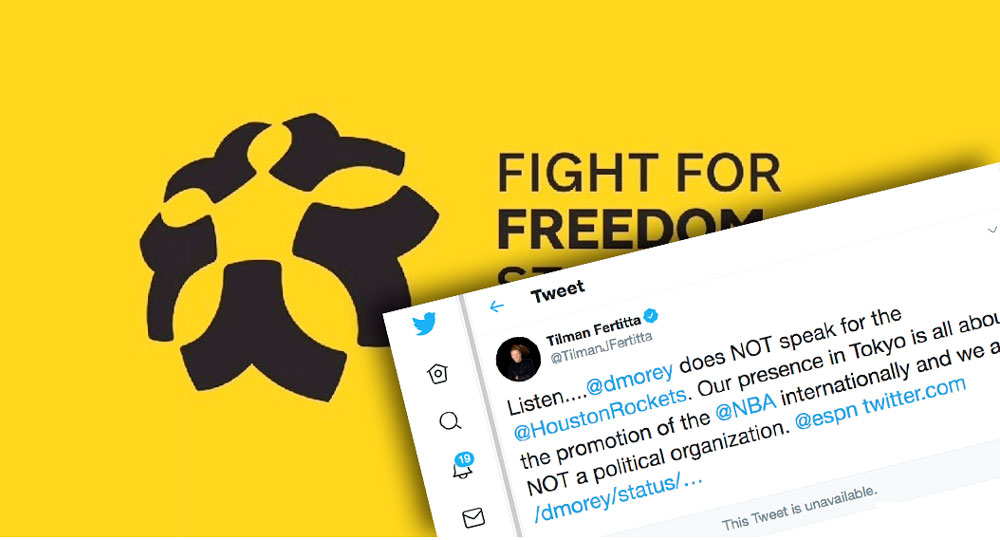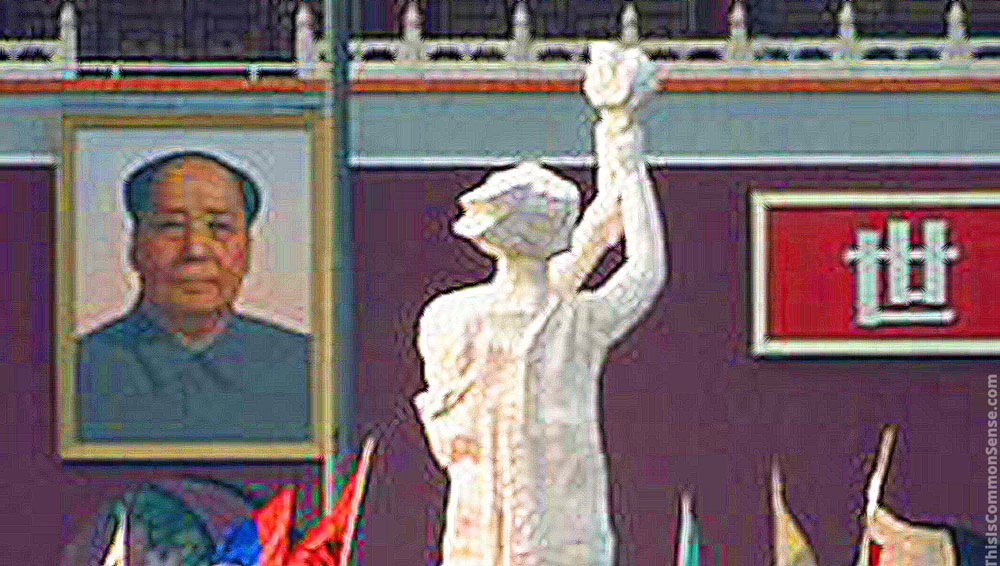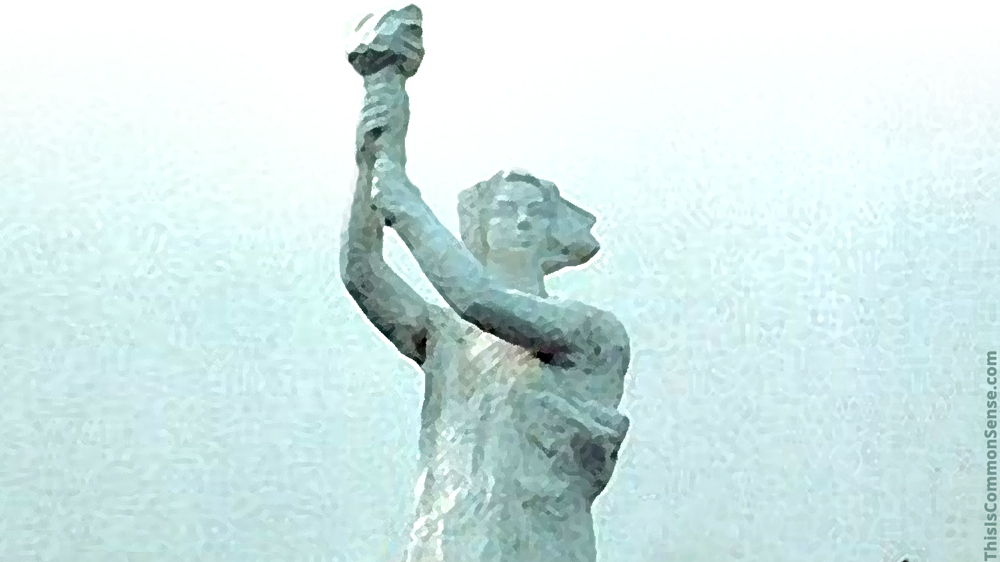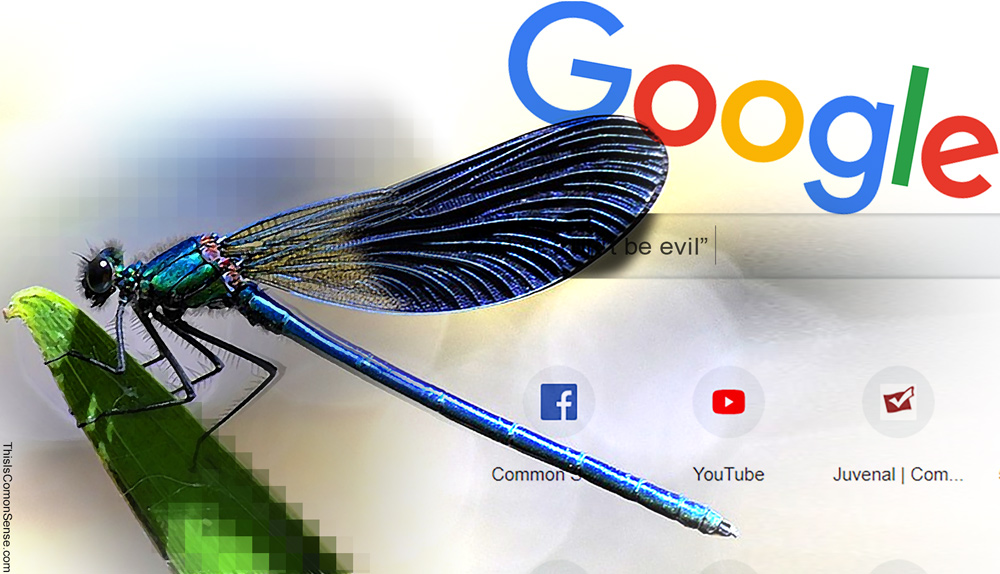“The thing is, LeBron, we’ve come to expect more of you,” writes Dan Wolken in USA Today, taking the National Basketball Association star to task for his comments taking Houston Rockets executive Daryl Morey to task for having tweeted “Fight for freedom, stand with Hong Kong.”
Morey’s pro-protester statement had caused a backlash against the NBA from the totalitarian Chinese government, threatening the league’s — and LeBron’s — continued access to China’s large and lucrative market of basketball fans.
LeBron James told reporters that Morey was “misinformed, not really educated” about the Hong Kong situation, before adding, witlessly, “I have no idea but that’s just my belief.”
“Yes, we all do have freedom of speech,” acknowledged James, “but at times there are ramifications for the negative that can happen, when you’re not thinking of others and you’re only thinking about yourself.”
Ramifications for whom? The people of Hong Kong yearning for freedom and democracy? Or was Mr. James … only thinking about himself?
Criticism came fast and furious. “@KingJames — you’re parroting communist propaganda. China is running torture camps and you know it,” tweeted Nebraska Senator Ben Sasse.
“Let me clear up the confusion,” responded the King of Basketball, if not public relations. “I do not believe there was any consideration for the consequences and ramifications of the tweet. I’m not discussing the substance.”
And then LeBron further clarified, “My team and this league just went through a difficult week. I think people need to understand what a tweet or statement can do to others.… Could have waited a week to send it.”
Hong Kong protesters are now burning LeBron’s No. 23 jersey.
Apparently, their freedom can’t wait a week.
This is Common Sense. I’m Paul Jacob.
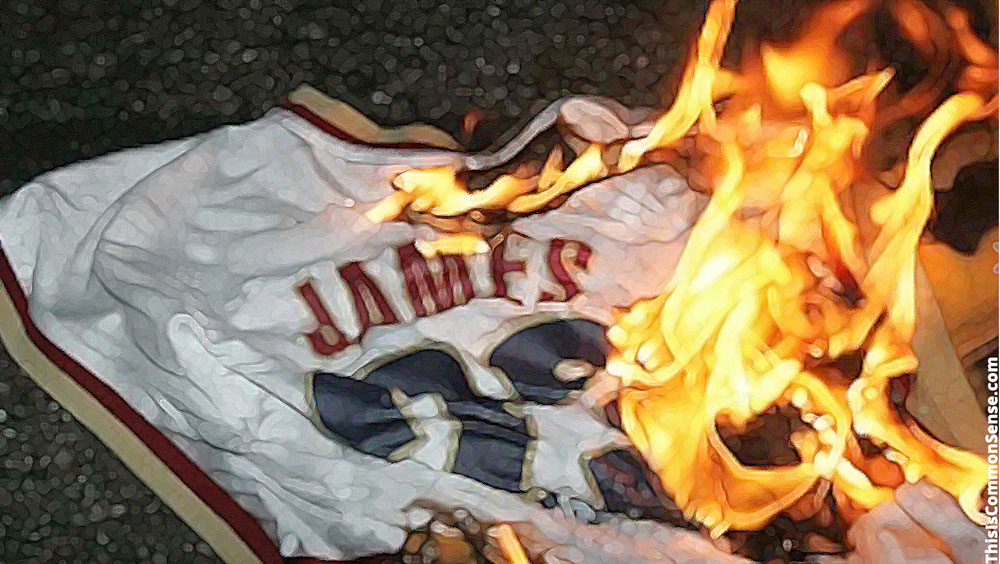
—
See all recent commentary
(simplified and organized)

